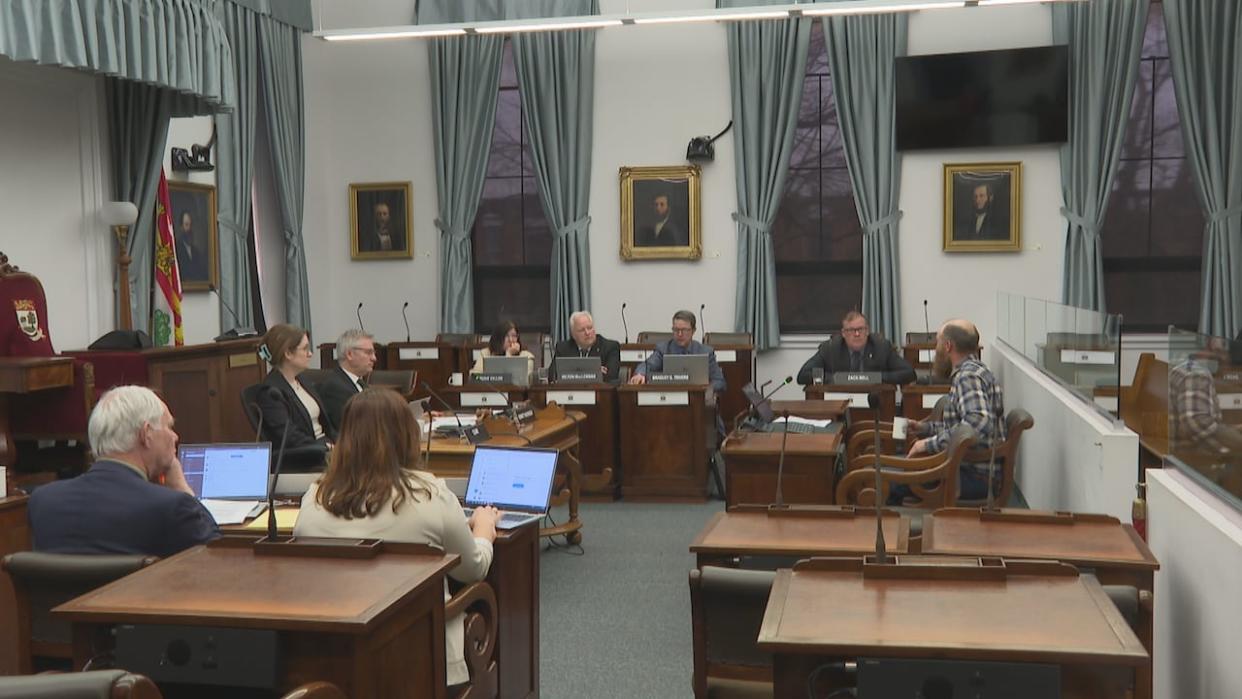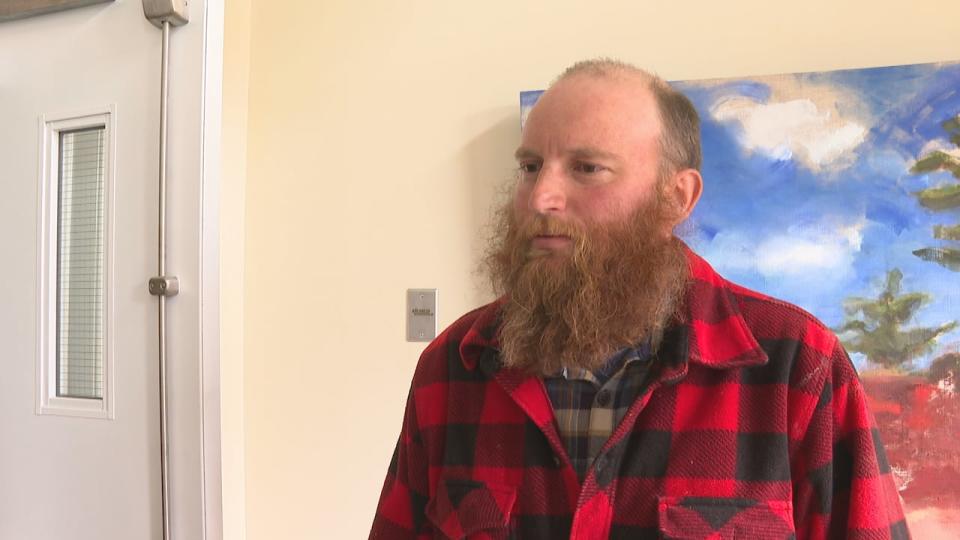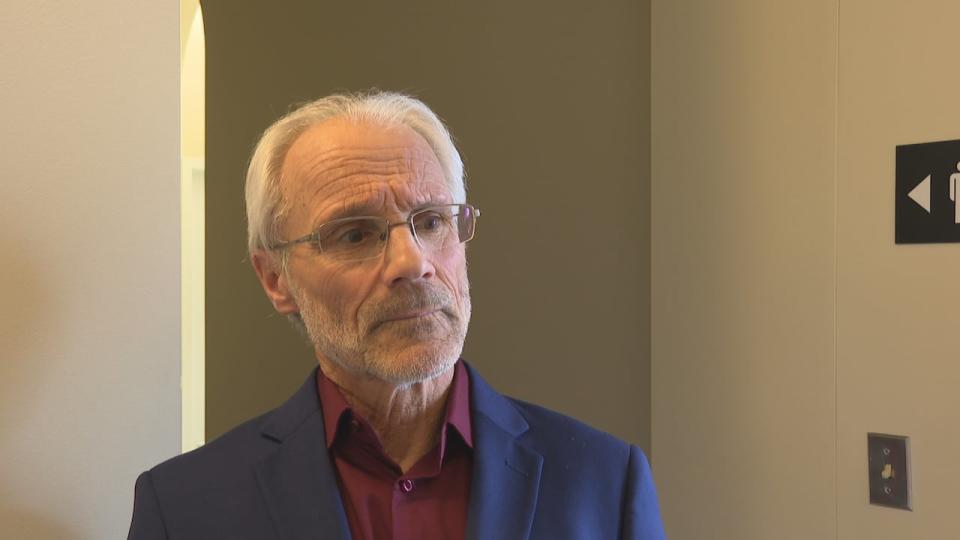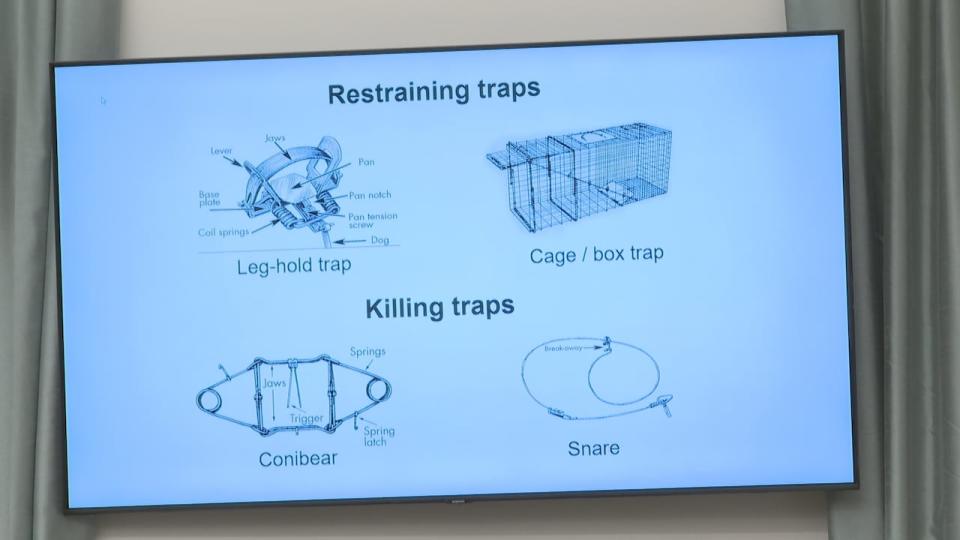P.E.I. Trappers Association appears before MLAs ahead of potential rule changes

The P.E.I. Trappers Association had its say Thursday on the future of trapping on the Island, speaking in front of the legislative committee on natural resources and environmental sustainability.
"I just wanted them to have the information they needed, when they make their decision about what is going to happen with trapping in the future on P.E.I.," said John LeLacheur, a trapper who spoke on behalf of the association.
The legislative committee will make recommendations on the topic to the minister of environment before the next trapping season begins in fall 2024.
Last week, the same committee heard from Islanders behind a petition looking for harsher penalties on illegally set traps, and urging the MLAs to ban snaring altogether.
'A bad day for everyone'
The trappers association said it doesn't agree with a ban, but agreed some changes can be made to improve the way trapping works on the Island.
"There's a lot of misconceptions about trapping. I would like to see more public education about trapping. I would like to see, even more so, more public education about wildlife," LeLacheur said. "There's a lot we can do to reduce issues with wildlife if people knew a little bit more about it."
Examples cited by the group included how trapping can deal with wildlife nuisance issues on farms and help control populations like coyotes that might otherwise boom.
If the province banned all snaring, LeLacheur said: "I think there'd be a lot of issues with coyotes. The population right now is considerably reduced because of mange, but they will bounce back from that."

John LeLacheur says he wants to continue trapping and hopes that others get the chance to do the same. (Sheehan Dejsardins/CBC)
At least two dogs died in 2022 after being caught in snares, and LeLacheur agreed that's not acceptable.
"That's a bad day for everyone, when we catch someone's pet," he said. "We just want to go after the target animals."
Stronger enforcement of the Dog Act would help, he said, as would giving licensed trappers access to land ownership information so that they know who to ask for permission to set traps.
"A lot of property changes hands quickly on P.E.I.," he said. "It's hard to know, when you ask people, if they're talking about the same piece of property you're talking about, or if they just want you to go trap because they don't like a critter."
Still a place for trapping on P.E.I.?
Atlantic Veterinary College professor emeritus Pierre-Yves Daoust also spoke to the committee on Thursday, saying he wanted to bring an impartial, science-based perspective to the discussion.
Among his recommendations to the committee: a switch to snares that restrain animals as opposed to killing them.
"These so-called restraining neck snares have been used in other jurisdictions, including Nova Scotia," Daoust said. "They seem to work quite well."

Pierre-Yves Daoust, professor emeritus at the AVC, says he still thinks there's a place for trapping on P.E.I. (Sheehan Desjardins/CBC)
He said that kind of device would be appropriate in a province like P.E.I., where there aren't any truly remote areas without inhabitants, and trappers can check their lines frequently.
Daoust wouldn't like to see any major change happen overnight, though.
"I just don't want the government to jump to a drastic conclusion and say 'Tomorrow: no killing snares,'" he said.
"There has to be some kind of transition — and maybe this transition is to restrict the use of killing snares to areas where there is minimal chance of domestic pets to be caught in those snares."
As for population control, Daoust said trappers are usually the first to alert officials when an animal population is getting out of hand.
"They are the ones to see if there is any issue there. They are the ones to report it to P.E.I. Fish and Wildlife," he said. "That, to me, is a valuable contribution on the part of the trapping industry, to our environment on the Island."

Pierre-Yves Daoust, a professor emeritus at the AVC, says there are non-lethal traps that could be used in more highly populated areas. (Sheehan Desjardins/CBC)
As for himself, Daoust would like to think there is still a place for trapping on the Island.
"I'm all in favour of eating locally, dressing locally, using our local resources, and this is a renewable resource," he said.
"I know that there are ways that would be never acceptable to others, to some segment of the population — but if the trappers act in a professional manner, yeah, I don't have any objection to that."
LeLacheur said the trapping community on the Island is getting smaller, and there's not much money in it these days. But he hopes trapping can continue on P.E.I. for generations to come.
"I still would love to be able to go out and do more trapping in the future," he said. "And I'd love for it to be there for other people who want to do that and keep up this important part of our culture."


